Let’s just ban the controversy before it happens. It’s easier that way, Milana Knezevic writes
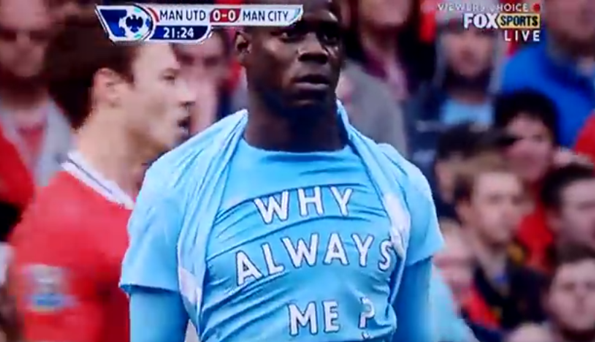

Let’s just ban the controversy before it happens. It’s easier that way, Milana Knezevic writes
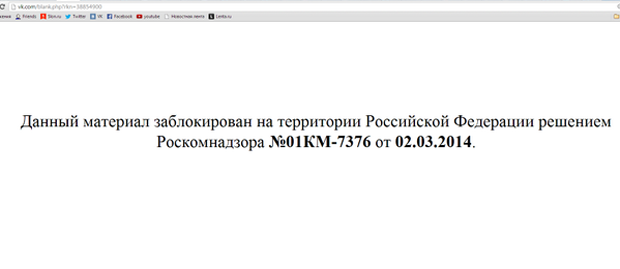
Authorities have have banned 13 sites said to be promoting Ukrainian nationalist groups
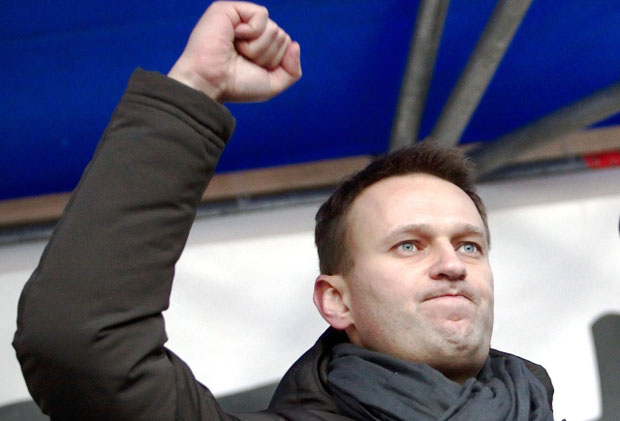
The noted regime critic has been placed under house arrest
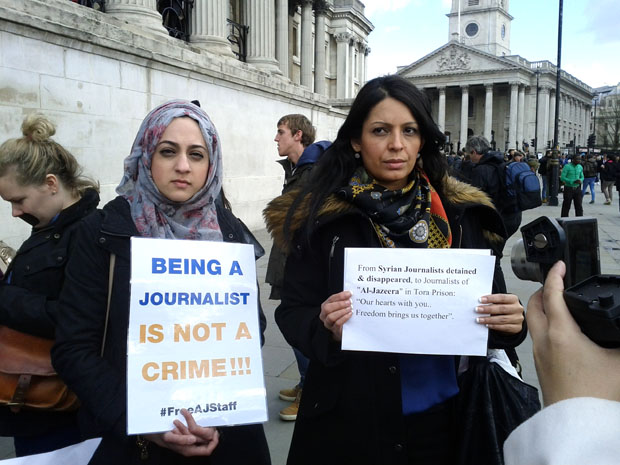
People gathered in Trafalgar Square on Thursday for a silent protest in support of jailed journalists
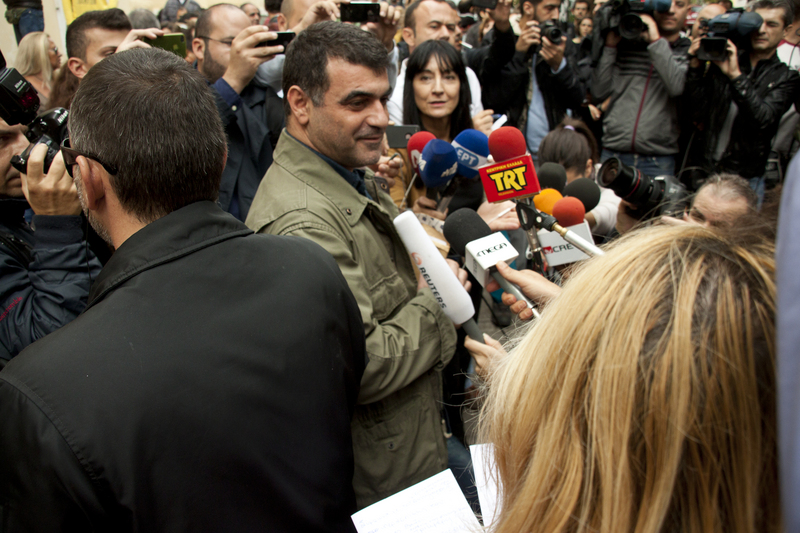
Six people, including a member of Greece's Secret Services, have been indicted for an alleged assassination attempt on HotDoc editor Kostas Vaxevanis, according to reports. Vaxevanis, who won a Guardian/Index on Censorship Free Expression Award in...
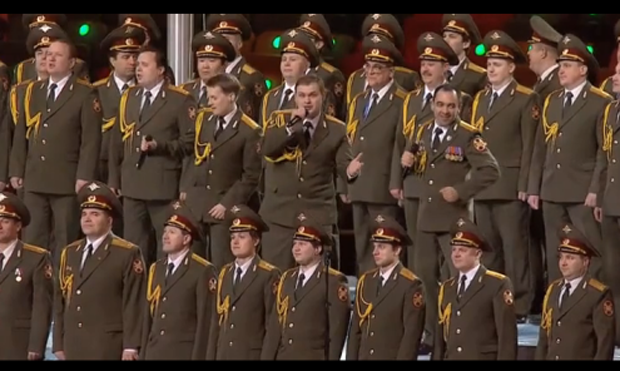
Some of the biggest talking points from the Winter Olympics were muted in the host country. Alastair Sloan reports
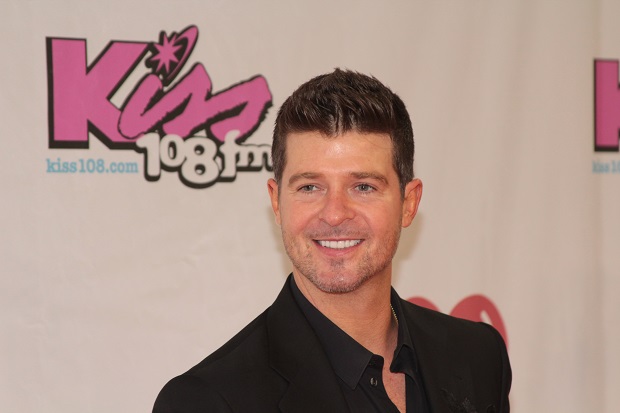
Degree leader Matt Grimes asks why censorship issues have arisen at UK universities — the very places that should be open to competing ideas and consistency.
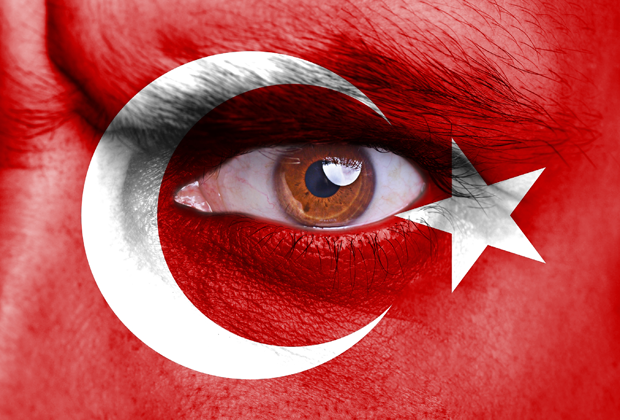
Conflict, corruption and corporate power mean that Turkey’s media workers can easily find themselves on the wrong side of the law, says Selina Bieber
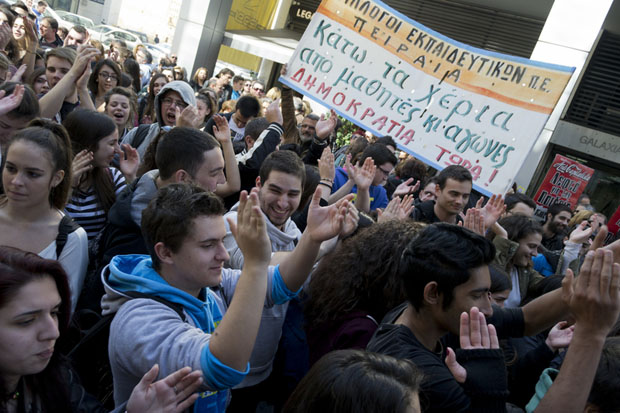
High school students were asked about their own, their teachers’ and parents’ political leanings, and were threatened with criminal records, writes Christos Syllas
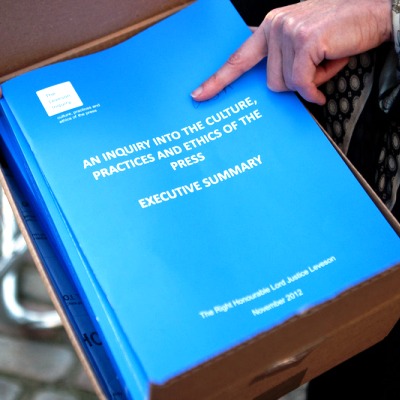
Britain has always had a complicated relationship with the free press. On the one hand, Milton’s Apologia, Mill’s On Liberty, Orwell’s volleys at censorship and propaganda. On the other hand, there is a sense that journalists, editors and...